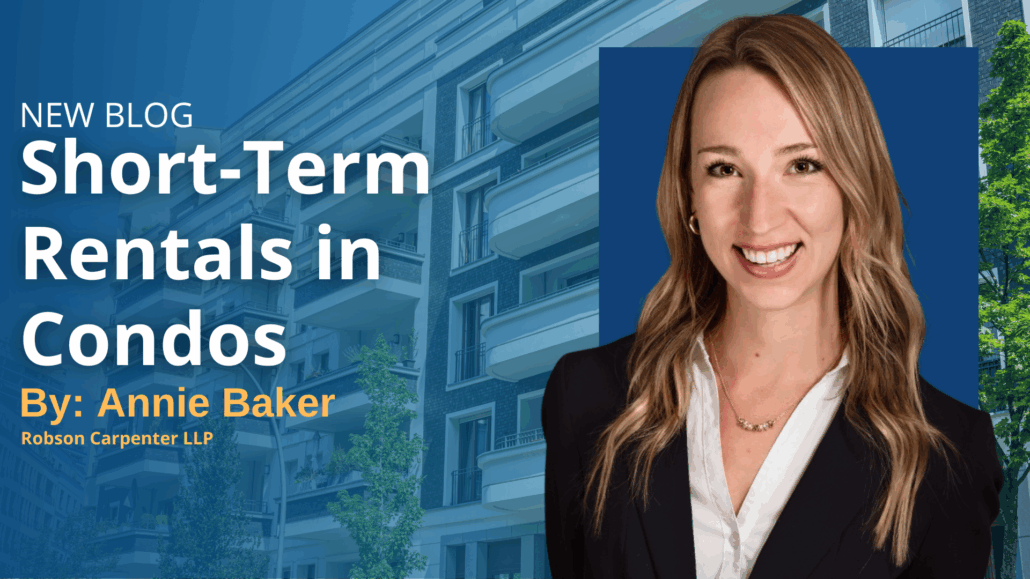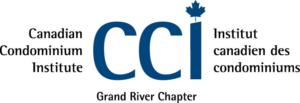Short-Term Rentals in Condos
The warm weather is here, and that means people are ready to come out of hibernation and start to travel.
Are you considering making some extra cash this year by renting out your condominium unit on a short-term basis? Maybe you want to post your unit on Airbnb or Vrbo and see if anyone is interested in staying there while you’re up at your cottage this summer.

Before you do, it is important to figure out if you’re allowed to rent your condominium unit on a short-term basis and what restrictions, if any, apply to your rental.
The restrictions you might face will depend on where you live.
Some condominiums have restrictions on short-term rentals in their declaration or rules. These restrictions can vary greatly. For example, your condominium could completely prohibit any rental for a period of less than one year, or allow rentals provided they are at least seven days long, or prohibit use of your unit as a hotel or bed and breakfast, or have no restrictions on short-term rentals at all.
The key is to check your condominium documents before you start renting out your unit to ensure you comply. If you have any questions, ask your board or property manager.
You will also need to determine if your municipality has any by-laws in place which regulate short-term rentals. Municipal regulations may cover items such as restricting the number of days in a year that you may rent out your unit, charging additional taxes on short-term rentals, and requiring you to obtain permits prior to renting out your unit.
Make sure to review the municipal by-laws relating to short-term rentals where you live, if any, and ensure compliance before you list your unit for rent.

You will also want to make sure you are familiar with the Residential Tenancies Act (the “RTA”), which governs residential leases. Residential rentals are governed by the RTA unless they fit into an exemption under the RTA. There are limited exemptions for temporary living accommodations such as hotels and vacation homes. If your rental is not exempt from the RTA, then the renters will acquire the rights granted to tenants under the RTA. To avoid this, make sure you review the RTA ahead of time and speak with a lawyer if you have any questions.
Once you’ve determined you’re clear of all restrictions and are free to rent your unit, I recommend considering the safety and security of your home and your neighbours. For example, if your home has a code, change the code at the end of each rental. If you live in a high-rise building with a secured entrance, make sure access is restricted only to those

with a right to be there and that access to renters ends at the end of the rental. Consider banning parties and large groups to prevent noise nuisances to your neighbours and complaints that will come back to you as the unit owner.
If you’re unsure, speak with your board or property manager. They may be able to guide you through the restrictions and practical considerations to ensure a safe and happy rental for all.

Associate Lawyer at Robson Carpenter LLP











